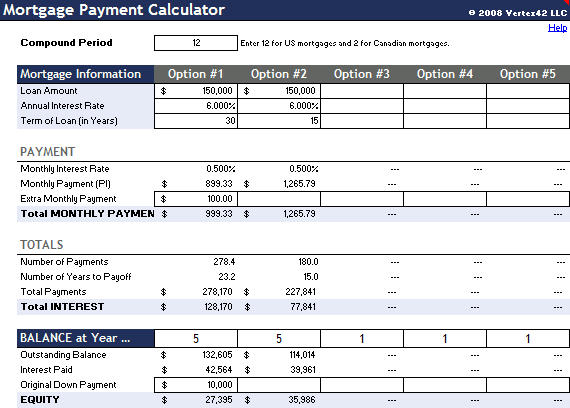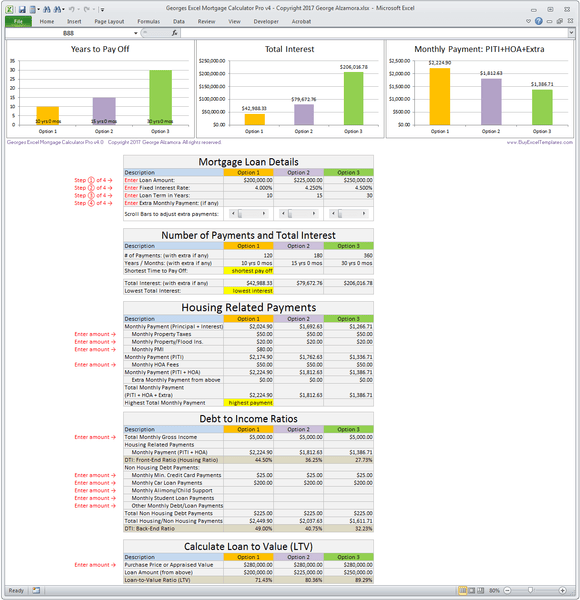

Once we calculated the typical closing costs in each county we divided that figure by the county’s median home value to find the closing costs as a percentage of home value figure. We considered all applicable closing costs, including the mortgage tax, transfer tax and both fixed and variable fees. Our Closing Costs study assumed a 30-year fixed-rate mortgage with a 20% down payment on each county’s median home value. Nevada closing costs are on average 1.63% of a home's value. These charges are collectively known as closing costs. This time, you’ll be paying a number of fees to various entities. If you’d like a mold, radon or water quality test, you can generally add those inspections on for an additional cost.Īfter the home inspection, you’ll usually move forward with the offer and your mortgage lender.

A regular home inspection covers most structural and easily observable components, such as roofs, basements, plumbing and electrical, but doesn’t include specialty tests. The pricing is generally based on square footage and number of outbuildings. Most Nevada home inspections cost between $242 and $334. It’s your chance to get an inside look at the condition of the home. When you make an offer on a house, you usually have a time period to complete any home inspections you’d like before continuing with the contract. One of the first times you’ll open your wallet during the home-buying process is when you pay your home inspector. Costs to Expect When Buying a Home in Nevada Financial advisors can also help with investing and financial planning - including retirement, taxes, insurance and more - to make sure you are preparing for the future. Homeowners insurance doesn’t cover flood damage, so if you want coverage you’ll have to get a policy through the National Flood Insurance Plan.Ī financial advisor can help you understand how homeownership fits into your overall financial goals. While you might not think you’re at risk of flooding, it’s something to keep in mind if you’re in an area that experiences flash floods. According to the Insurance Information Institute, Nevada ranks 12th among state that have the highest risk of extreme wildfires. However, the state is prone to wildfires. Nevada has less risk as it’s not situated on a coastline or hurricane path. Nevada has cheap property taxes, but residents here can expect to pay $1,483 for homeowners insurance annually, according to data. Taxes go to school districts, county costs such as infrastructure maintenance and improvements, as well as other community needs. The assessed value is 35% of the taxable value, which means tax rates apply to just a small portion of your home value. To determine the market value as well as the replacement cost of any structures on your property, a county assessor will appraise your home every five years. The average effective property tax rate is 0.48%. If you’re planning on buying in Nevada, you’ll be happy to hear that property taxes in Nevada are relatively low.

An escrow account holds your money for property taxes and homeowners insurance, two costs that stay with you as long as you own a home. Your monthly mortgage bill includes your principal and interest payments, and can include payments to your escrow account.


 0 kommentar(er)
0 kommentar(er)
